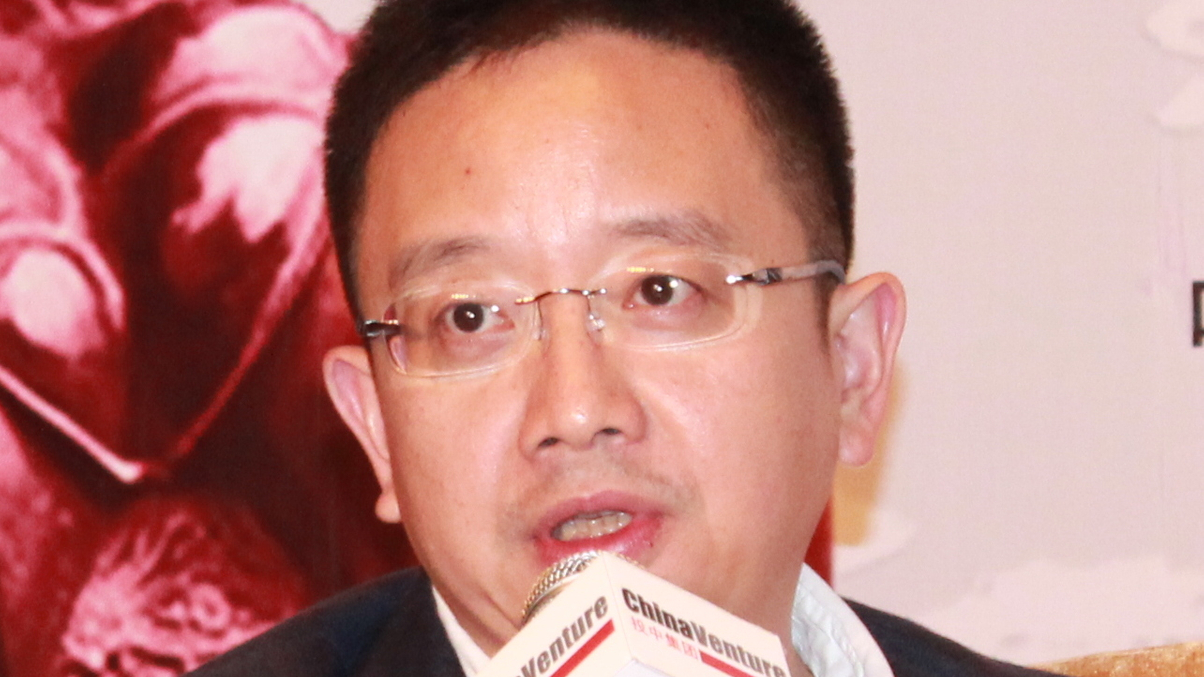China PE managers view regulatory overhaul as positive
The securities regulator CSRC is drafting new legislation to sharpen up the industry, which has shrunk 31% since 2011. Participants are hopeful it will usher in positive change.

Private equity fund managers have welcomed the prospect of a better regulated industry as the country's securities watchdog CSRC steps in to draft new legislation.
Sign in to read on!
Registered users get 2 free articles in 30 days.
Subscribers have full unlimited access to AsianInvestor
Not signed up? New users get 2 free articles per month, plus a 7-day unlimited free trial.
¬ Haymarket Media Limited. All rights reserved.


